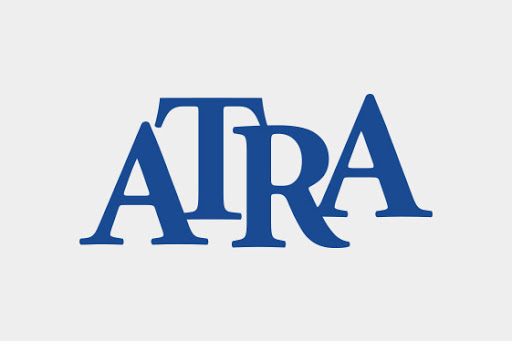
Federal Judge Takes Stand Against Junk Science in California
Federal Judge William Shubb ruled that due to insufficient evidence, California cannot require glyphosate-based weedkiller Roundup to be labeled as “known to the state of California to cause cancer.”
Federal Judge William Shubb ruled yesterday that California cannot require Bayer AG to label its glyphosate-based weedkiller Roundup as “known to the state of California to cause cancer.”
Regulators and scientists worldwide have deemed glyphosate safe, with the exception of the International Agency for Research on Cancer (IARC), whose study was riddled with controversy.
Judge Shubb stated “Notwithstanding the IARC’s determination that glyphosate is a ‘probable carcinogen,’ the statement that glyphosate is ‘known to the state of California to cause cancer’ is misleading. Every regulator of which the court is aware, with the sole exception of the IARC, has found that glyphosate does not cause cancer or that there is insufficient evidence to show that it does.”
“Judge Shubb’s ruling this week is a huge win for our court system,” American Tort Reform Association President Tiger Joyce said. “Juries should be able to trust that the evidence they are presented with in court is trustworthy, sound science, and thanks to Judge Shubb, we are one step closer to a more fair system.”
California regulators and judges have routinely allowed prosecutors to present and juries to rely on the rogue IARC report as the basis for multi-million-dollar and even multi-billion-dollar judgments against companies like Bayer in cases claiming their Roundup product caused cancer.
The single IARC report stating glyphosate, the main ingredient in Roundup, is carcinogenic, is in stark contrast to more than 800 studies submitted to the U.S. Environmental Protection Agency.
“This is part of a growing trend we see where judges increasingly ignore their role as gatekeeper and allow juries to rely on ‘junk science’ claims as the basis of massive judgments,” Joyce said.
In Daubert v. Merrell Dow Pharmaceuticals (1993), the Supreme Court of the United States bestowed upon judges the responsibility of serving as “gatekeepers” to weed out unsubstantiated science and prevent it from being offered to jurors in their courtrooms. This then created the Daubert standard for expert witness testimony adopted by federal courts and a majority of states to ensure juries are empowered with the most complete and accurate evidence during trials.
“I am grateful to see Judge Shubb take a stand and push back on the rampant use of junk science in California’s courts,” Joyce said. “I encourage other judges across the country to look to Judge Shubb’s example to create a more balanced judicial system where equal justice is available under the law,” Joyce said.
William Shubb has been a federal judge for the U.S. District Court for the Eastern District of California since his nomination in 1990 by President George H.W. Bush.
California is a mainstay on the American Tort Reform Foundation’s annual “Judicial Hellholes” report and rankings where it currently sits at No. 2.
Latest News
View all news
ATRA Commends Pennsylvania Lawmakers for Addressing Lawsuit Abuse
Pennsylvania lawmakers introduced liability reform bills to tackle lawsuit abuse. Proposed changes aim to enhance job creation and economic stability by limiting excessive litigation costs.
Hidden Influence: How Third-Party Litigation Financing Fuels Lawsuit Abuse
It’s time to pull back the curtain on third-party litigation financing and restore balance to our courts.
Lawsuit Abuse Awareness Week — Protecting Arizona’s Small Businesses
Lawsuit Abuse Awareness Week prompts reflection on Arizona’s civil justice system, highlighting excessive tort costs harming small businesses, job loss, and economic growth.
ATRA Kicks Off Lawsuit Abuse Awareness Week, Highlights Economic Burdens
This week is aimed at educating both the public and our government leaders about how excessive litigation drains resources from businesses, stifles innovation, and ultimately hurts consumers and job creation.
Shining a Light on Lawsuit Abuse: Kicking Off Lawsuit Abuse Awareness Week 2024
By fostering understanding and promoting smart reforms, we can help create a more balanced civil justice system that serves all citizens.
The Louisiana Supreme Court’s Alarming U-turn
The Pelican State deserves a judicial system that stands firmly on principles — not one swayed by the most recent political winds.



